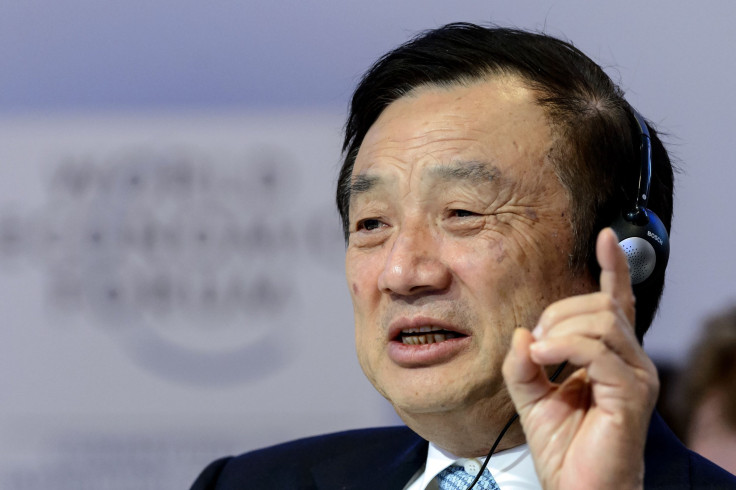Huawei To Sue US Government For Banning Agencies From Buying Chinese Tech's Products

The besieged Chinese tech company Huawei intends to file a lawsuit against the U.S. government over the National Defense Authorization Act which specifically bans U.S. federal agencies from buying its products.
The company's lawsuit will claim that the law violates the U.S. constitution by singling out Huawei for punishment without trial, The New York Times revealed.
The U.S. Justice Department has filed a series of indictments against the company, accusing it of more than half-a-dozen counts of wire fraud, obstruction of justice and a conspiracy to steal trade secrets from T-Mobile.
The Trump administration has mounted an international campaign to pressure other countries into banning the Chinese company from their 5G networks, saying Huawei's products could be used by Chinese intelligence services for spying.
Secretary of State Mike Pompeo warned that countries that use Huawei equipment will have problems exchanging information with the U.S. government.
"If a country adopts this and puts it in some of their critical information systems, we won't be able to share information with them," Pompeo told Fox News last February. "We won't be able to work alongside them."
Huawei founder Ren Zhengfei -- whose daughter Meng Wanzhou is detained in Vancouver on U.S. charges -- has repeatedly denied the allegations.
Speaking to foreign media, the reclusive 74-year old tech executive said that while he loved China and supported the Communist Party, he never shared "improper information" about Huawei's partners.
"I personally would never harm the interest of my customers and me, and my company would not answer to such requests," Ren told reporters in Shenzhen.
The U.S. is particularly worried about the use of Huawei equipment in countries with American military bases. Most of the U.S. military's non-sensitive communication travels through commercial networks and could be vulnerable to Chinese intelligence work.
Mobile operators throughout the world have said Washington's campaign is impeding their efforts to upgrade their networks. Huawei has built such a strong lead in 5G technology that many wireless carriers say is almost impossible to find a substitute for.
Huawei is the world's biggest manufacturer of telecommunications equipment and is one of China's most successful business firms. The company was among the first to introduce super-fast 5G networks around the world, competing with the likes of Apple and Samsung.
But security concerns have already led to a complete ban of Huawei's technology in Australia, a major U.S. ally. New Zealand has imposed a partial restriction. The European Union is meanwhile considering proposals that would amount to a de-facto ban on Huawei equipment for next-generation 5G mobile networks.
© Copyright IBTimes 2024. All rights reserved.





















